Photo: Bakırköy Closed Women's Prison
Click to read the article in Turkish
One thing I love the most is to discover that I am disturbed, I am occupied with the same things, that I am angry about the same people or same kinds of life (usually of men, and I wonder why) with some other person, or persons somewhere on the earth, whose appearance I do not know, who I have never met, and probably will never meet (usually women, and I wonder why). This gives one a wonderful feeling of "not being alone," it makes you stronger. Some people, somewhere bother about the same "thing/things" with you, what a time to be alive!
Usually, books, films, songs, etc. arouse this feeling, and what a nice surprise it is! Rebekka Endler’s book called "The Patriarchy of Things: On a world unsuitable for women," published in Turkish by İletişim Publishing House was a text that made this feeling hit the ceiling inside of me, bless her pen!
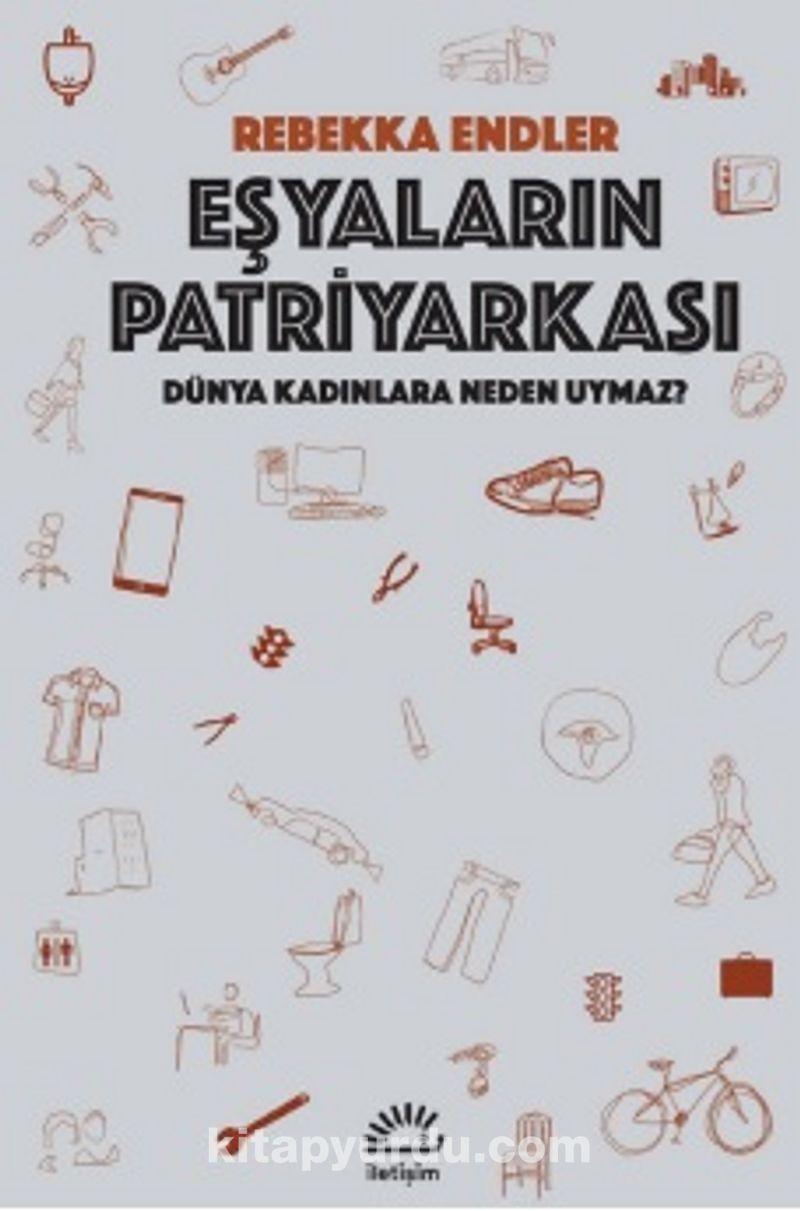
Endler, is a journalist from Cologne. She set off bothering about the inequality of number of toilets for women and for men; but she ended up abstracting a magnificent summary of life: Why is everything made thinking about men? We are talking about the daily life. From toilets to the public spheres, from the tools to the pockets on our clothes, from the security tests in the automotive industy, to naming the streets with the names of men... "Daily problems" that bother us. But when we speak about them, we (usually) receive a reply questioning if it is really the right time to discuss that problem. "Things" "moments" some of which I have never thought about, and some of which I have mentioned about to people, not shying away, taking the risk of being labeled "bad-tempered." For instance the men who sit in a bus, or metro with their legs wide open, the are my big enemies in the public sphere since decades. Do I really have to sit touching you? (I have taken this over from my mother, and Endler is of the same opinion, I love our temper.)
Endler experienced something that "such women" can come over when writing this book touching almost every issue, from toilets to science; she was "warned," and how? "Be careful not to have a bad-tempered book." Endler shares this "warning," saying, "That the tone of a book should not be 'bad-tempered' was, no doubt, never given to a male author as a warning." I cannot prove this but I am sure that Endler is right. "Bad temper" belongs to women in the intellectual sphere as well, as in many other spheres of life.
I stand by Endler without hesitation. I am bad-tempered and I am angry. Of course, I follow our vanguards, and I prefer being angry to being sad.
Today I will try to make a contribution to Endler’s wonderful study of daily life, from a "women's prison [in Turkey] if you don't mind, with my over one year of experience in it. Do not mistake me for calling it a women's prison, in fact, women have no name (other than as a mother) in our penal system, as my friend Mine (in the prison ward and in the law case) rightfully defines the women are "inside the parenthesis" in this system.
Let us first try to see this "inside the parenthesis" situation with a positive approach (I don't know why but let's not be bad-tempered, let us be constructive.) Women are imprisoned less than men. Both in the world and in Turkey, the rate has risen in the last 15-20 years but it is around one-fourth. So 96 of those who "end up in prison" are men. Consequently, the place is made for men. The concept of a "women's prison" is so new that in the 19th century when women are given prison sentences, they are kept at the houses of the priests or imams, or in stables since there are no prisons to "shut" them. The reason that the answer is "imamevi" (imam's house) for a women's prison in crosswords is this.
We are staying in the most populated (I think) women's prison in Turkey, there are more than a thousand women here. Different from "campus prisons" such as those in Silivri or Sincan, there are only women here. They gave us a booklet the evening we came here at the "prisoner excepting" section. Called the "Arrested and Verdict Handbook," the book has been prepared by the Directorate General of Prisons and Detention Houses. A kind of user's manual for a prison. The rigths, the responsibilities, etc. The book takes the women in parenthesis, just like Mine is saying, like a bad joke!
Let us read from the section of the book that is on "the right to keep personal belongings in the rooms and annexes" (page 29):
“One coat or winter coat, two jackets or cardigans, four pants (for women four skirts and two dresses), tracksuits, four shirts, two sweaters, two sets of pajamas, one pair of sports shoes, one pair of winter shoes, one pair of shoes, three t-shirts, two ties, one belt, necessary number of underwear, socks, one pair of slippers, toweland one hat not conflicting violating the the Hat Act no. 671."
As you can see, we are really in parenthesis! Not to mention the Hat Act. Pajamas for instance. What if we want to wear a nightshirt? Ties are on the list but scarfs are not. The belongings unit tries to adapt, to yield. They are finding solutions, but why? There is no date on the booklet but it was given to us in April 2022 and was not changed with a new version, so it has to be the up to date one, no?
The "obligations" part in the booklet says the following:
“You will not be allowed to grow your hair, moustache of beard in a way that is not usual in social life. You can use the barbershop or hairdresser in the institution."
The hairdresser; yes, this should be included for the women. The booklet says hairdresser, what do we have in real life.In a men's prison the men can have their hair or beard cut in the barbershop every 15 days. We, in Bakırköy prison saw the hairdresser only once in 14 months. Our petition demanding "scissors in order to cut hair" is not replied to, therefore we are without a solution. Women cut hair with the small nail clippers in the prison wards. I wish to say luckily women are creative, but I cannot. Because this is really a punishment.
When you find yourself in prison, you read about prisons, especially on women's prisons. What I read from our country, and from elsewhere in the world, show that there are similar problems. For instance it was the Kandıra Prison I think, the prison administration had painted the walls pink, when the women were to come. According to our "limited" experience, this "pink" color is a general attitude, the walls are pink in Bakırköy too. Last autumn the walls of the corridor were painted, and guess what? Purple. So there is some advance!
In prisons too, just like in life,there are places where men and women are seperated, in favor of men. In men's prisons, the men can give their dirty clothes to their visitors every week and receive clean clothes. We can do the same in Bakırköy only once a month. Why? Apparently the Directorate General of Prisons and Detention Houses has thought that men cannot wash their clothes, while of course women can. What else can be the reason? (I will not go into how difficult and what a torture it is to wash clothes here; it is really very difficult. But this is a big day in our small world concerning the clothes, a magnificent day! Beginning of May, the Ministry of Justice has allowed us to "buy washing machines" and place them in our wards. We can purchase the machine from the canteen. Our machine arrived just as I was writing this article; I even watched it for a while when writing my article.)
The prison is male in architecture also, even for healthy men. The height of the stairs, the order in the bathrooms, the ceiling height or the kitchen cabinets. I am taller than an average woman, can (usually) reach to many of them, but why?
And the telephone calls. There are the cabins of Türk Telekom inside the ards which are called Turna (Sarus Crane). A computer screen, it works when you enter your identity card number and your finger print. You should enter the cabin, close the door and the system should work. When we came to the ward after staying in an isolated cell for two months, we were told that we would be making our telephone calls from the cabin inside the ward instead of the pay phone on the corridor. Turna has a simple mechanism. When you enter and close the door, the cabin knows that you are a human by the camera. You enter your identity card number, your fingerprint, then you make your call. At least this was what happened in my case. Then Mücella entered the cabin, will be calling her daughters but she called from inside the cabin "It says no human has been identified." I could not understand and I asked her that maybe I should try once again. I entered the cabin and there was no problem. A few minutes later we got it. The cabin cannot detect Mücella with her height, because it has been designed for the dimensions of men. We are trying to figure out what we can do, and we saw the thousands of pages of our case files. And Mücella started to make her calls standing on four or five of our case files. The we submitted a petition and the problem was solved by giving us an empty case from the canteen for her to stand on. The height limitations of the system of course remain unsolved.
I think the canteen and the canteen economy lies at the heart of the penal system. I cannot prove this but I am sure, those who make the list the things that can and that cannot be sold in the canteens in prisons in the Directorate General of Prisons and Detention Houses, and those who approve these lists are all men.
I get my periods; and probably this is true for some 70 percent of the women who are in prisons. In fact the state has to provide the women under custody with their basic needs, but let us leave this aside for a moment. There are hygenic peds at the canteens but no tampons. I wrote a petition in order to have tampoons but my request was not met since "tampon was not on the list of things that can be sold as determined by the ministry." I thought that I could talk to the doctor who could maybe write a prescription, but the doctor (man) coming from the Sadi Konuk Hospital rejected my request saying "A Turkish woman does not use a tampon" (the moment when we learnt that tampons, too, had nationalities).
I cannot proove this either, but if it were not the women, but men who had periods, peds, tampons and all sizes of menstural cups would be sold in the canteens in prisons. Life experience! So life is very difficult for women in prisons too; I have not yet talked about those who are in prison with their children, those who are ill, those who are elder or a foreigner! We set up a life and find our way for ourselves by opening up some cavities in a system that is designed for men. Luckily, I cannot prove but I am sure, we are more talented in doing this than men. And fortunately, we insist in our bad-temper, just like Rebekka Endler. And inside, just like we do it outside! (HA/PE)





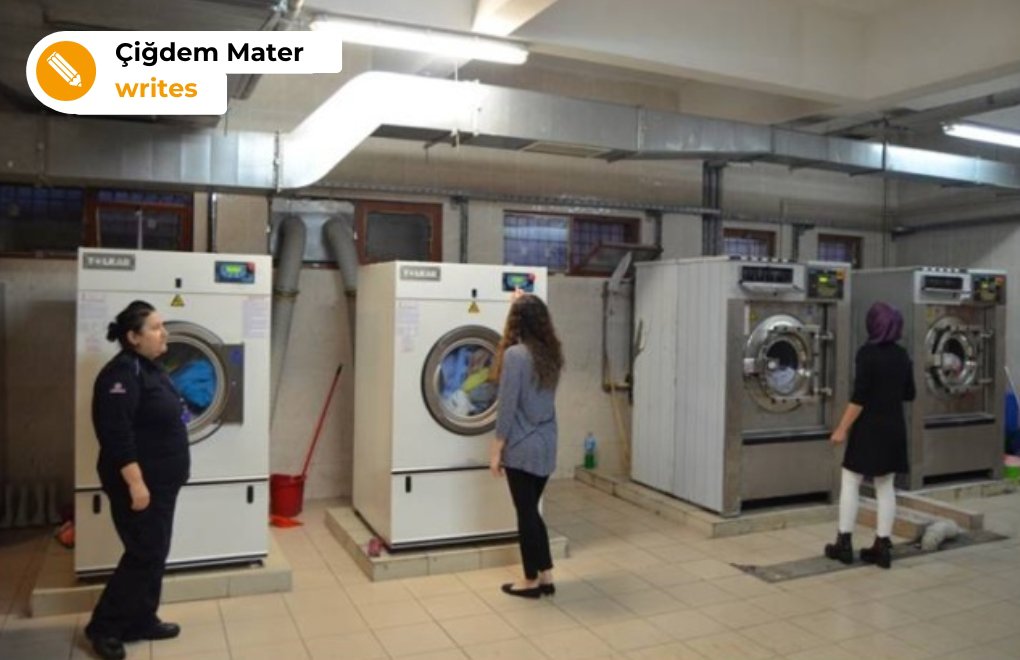
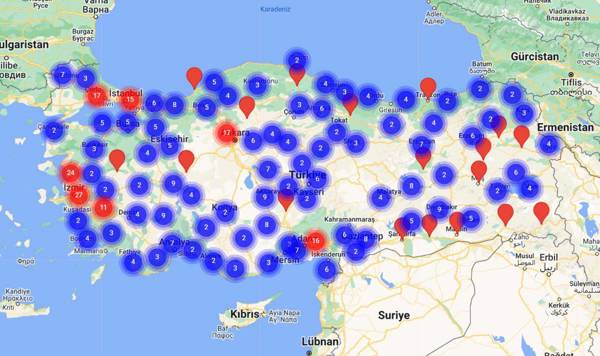
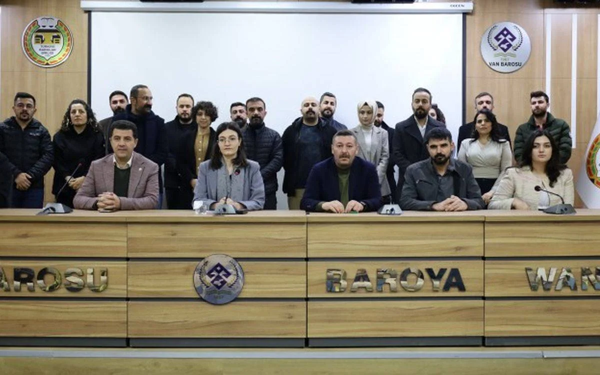
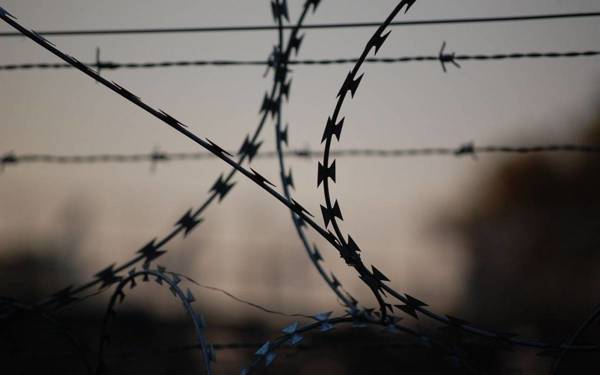
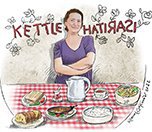
.jpg)

as.jpg)

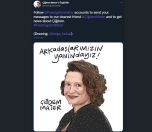
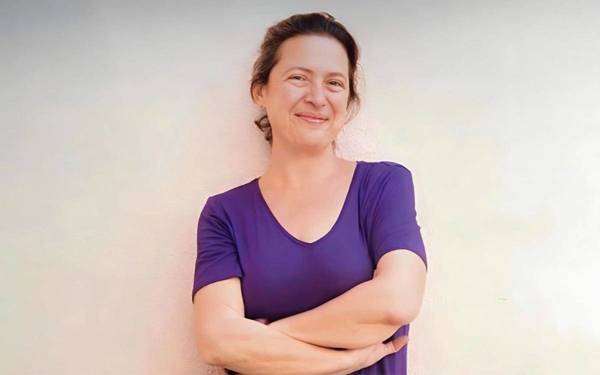
.jpg)
